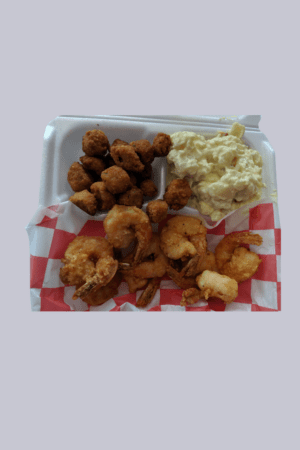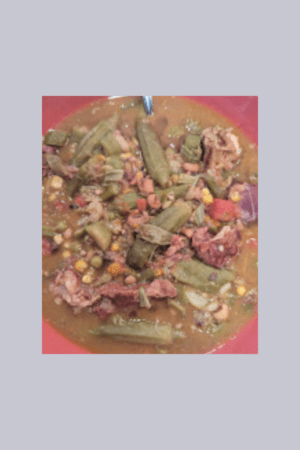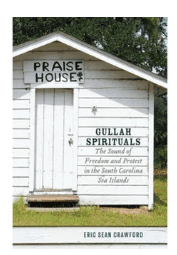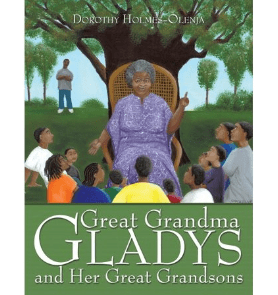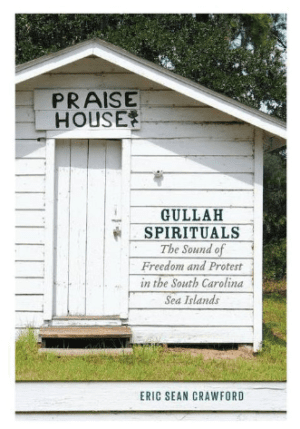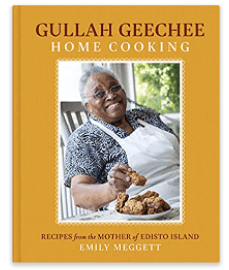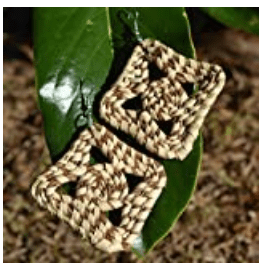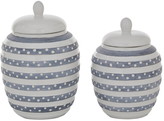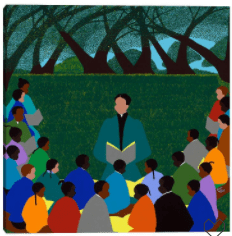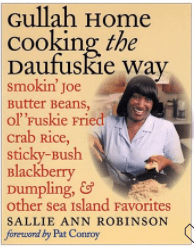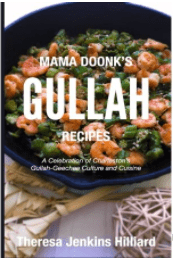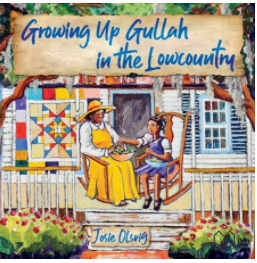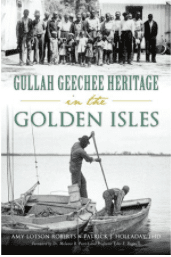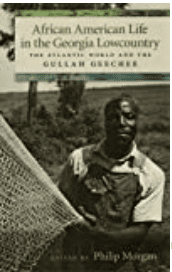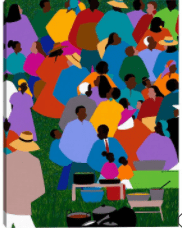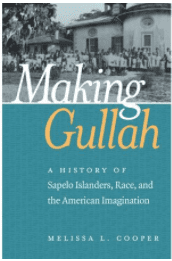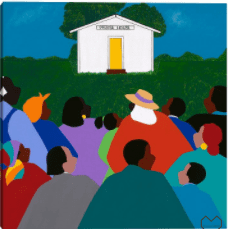

This blog is sponsored by Clorox.
Hurricane seasons bring so many memories of both tragedy and resilience to me, and those same memories still ring true today. As a Lowcountry native, in the Gullah Geechee Community which stretches from the coast of North Carolina to North Florida, so much of summer and fall is focused on preparing and recovering from hurricane season.
Most importantly, I remember it being a family and community experience. As a child growing up in the Lowcountry, especially in the Gullah Community, preparing for a hurricane was something you coordinated with your immediate and extended family. From preparing traditional foods for evacuation travel such as red rice and okra soup, to checking on hotel reservations for older family members, hurricane preparation is a multigenerational experience and a way of life. Now, the pandemic is all the more reason to be prepared and ready.

As a self-proclaimed Daddy’s girl, so many of my memories were of my father checking on my grandfather and other elders in my family to see what their plans were for a safe hurricane evacuation and to lend a helping hand. I loved listening in on his conversations as a kid and hearing a sigh of relief when family members said they were ok. As I am now a mother, I take special joy in my husband doing the same things and carrying my daughter in tow while he prepares, just as my dad did with me.
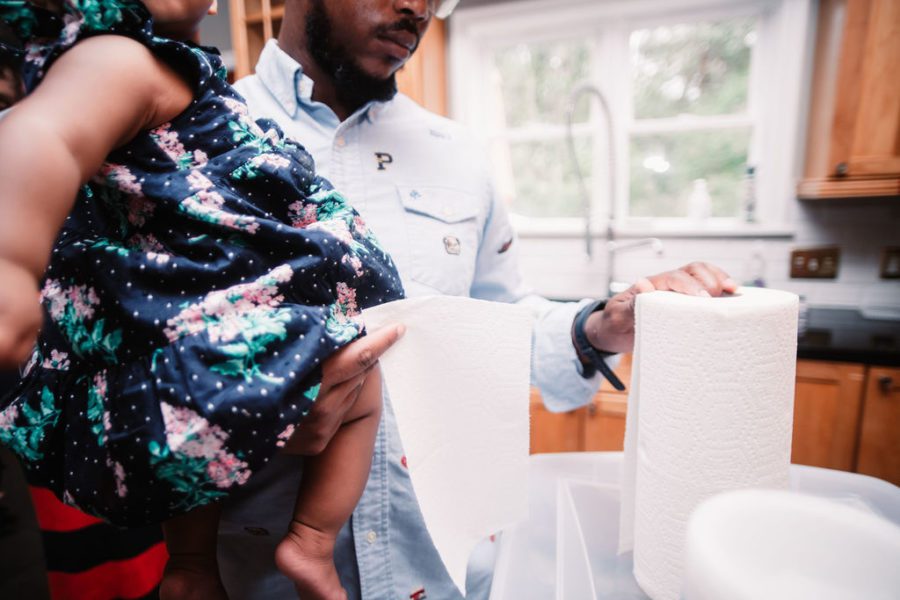
Having grown up in the Lowcountry and living most of my life in the hurricane zone, I have had my fair share of experience cleaning up after a hurricane. Outside of personal physical safety and home/property damage, salvaging your cherished possessions is one of the most important and intimate aspects of post-storm clean-up. Between the humidity, flooding, and the loss of power, mold ,and damage can occur to prized possessions such as clothes, including cherished clothes such as wedding dresses, and family heirlooms such as tea towels and table linens.Bleach can be a key staple not only for storm preparation and disinfection, but also for post-storm clean-up and the salvaging of beloved possessions and the memories that go along with them.
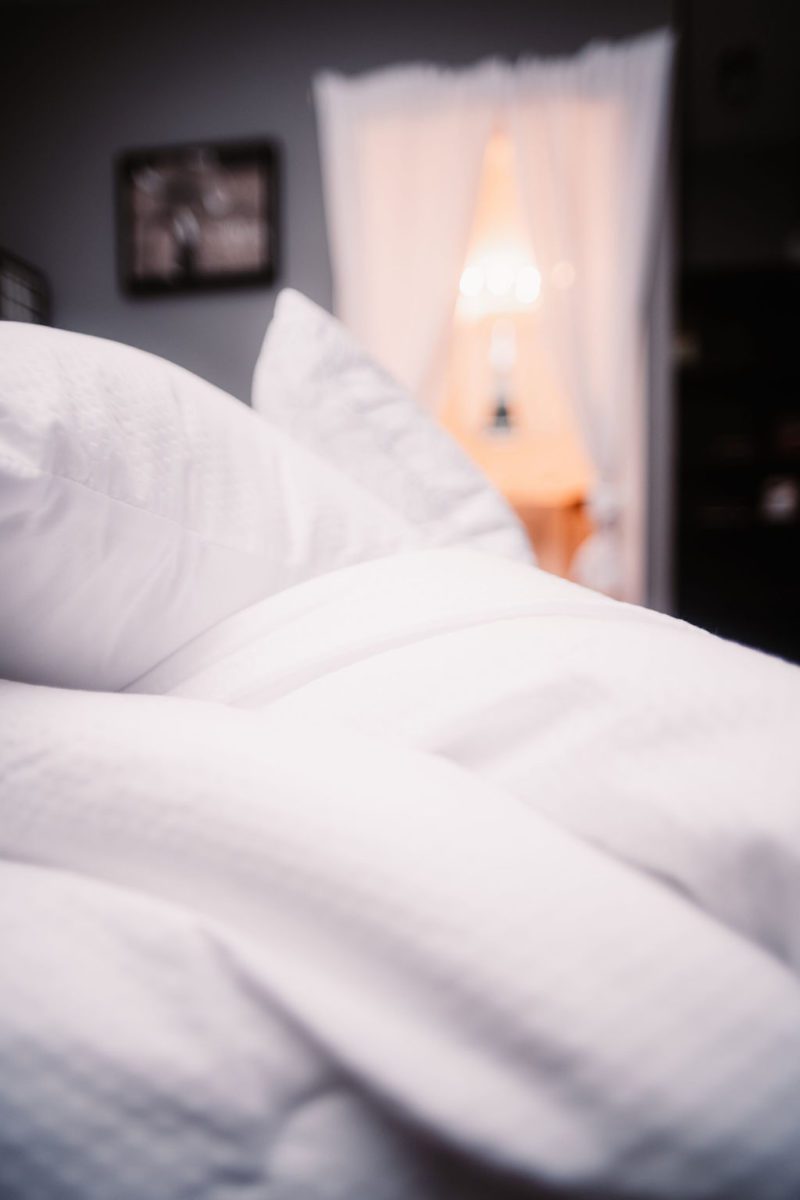
After a storm, items such as white clothing and linens may become dirty. Instead of throwing things away, use bleach to whiten, freshen and disinfect.
If you are unsure if bleach can be used on something, test fabric by applying 1 drop of a solution made with 2 teaspoons of Clorox® Disinfecting Bleach plus ¼ cup water to a hidden part of a seam. Be sure to check all colors. After 1 minute, rinse and blot dry. No color change means the article can be safely bleached.
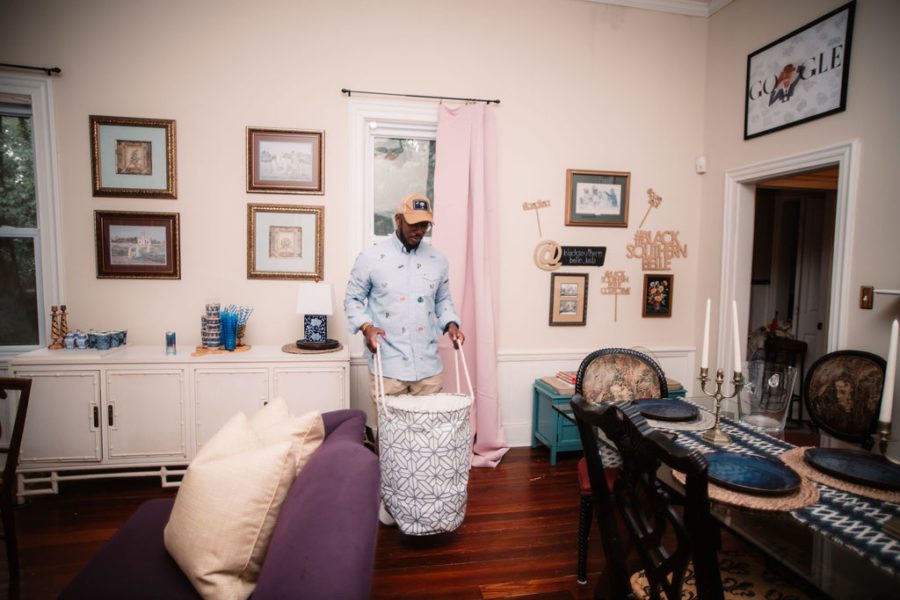
When cleaning your cherished linens, add your favorite detergent to wash water before adding clothes or bleach.
Add ⅓ cup of Clorox® Disinfecting Bleach (or 2/3 cup if the item is visibly soiled) to wash water after your detergent, but before adding clothes.
Finally, add clothes to wash water after the wash cycle begins.
As a lover of family heirlooms and setting a formal or casual table with my favorite linens, Clorox® Disinfecting Bleach is a must-have to ensure I can save these memories and items to pass down to my children.
Additionally, food culture is such a big part of Gullah culture and Lowcountry Heritage. One of the first places we focused on cleaning up after a storm was our refrigerator. Whether starting up the grill to save the food from thawing in a power outage or cleaning the refrigerator after a long week of being evacuated in the Upstate, sanitizing the refrigerator is a necessary step of hurricane clean-up, especially to remove mildew from a power outage. One of the ways to ensure mildew is removed is by using Clorox® Disinfecting Bleach in the clean-up process.
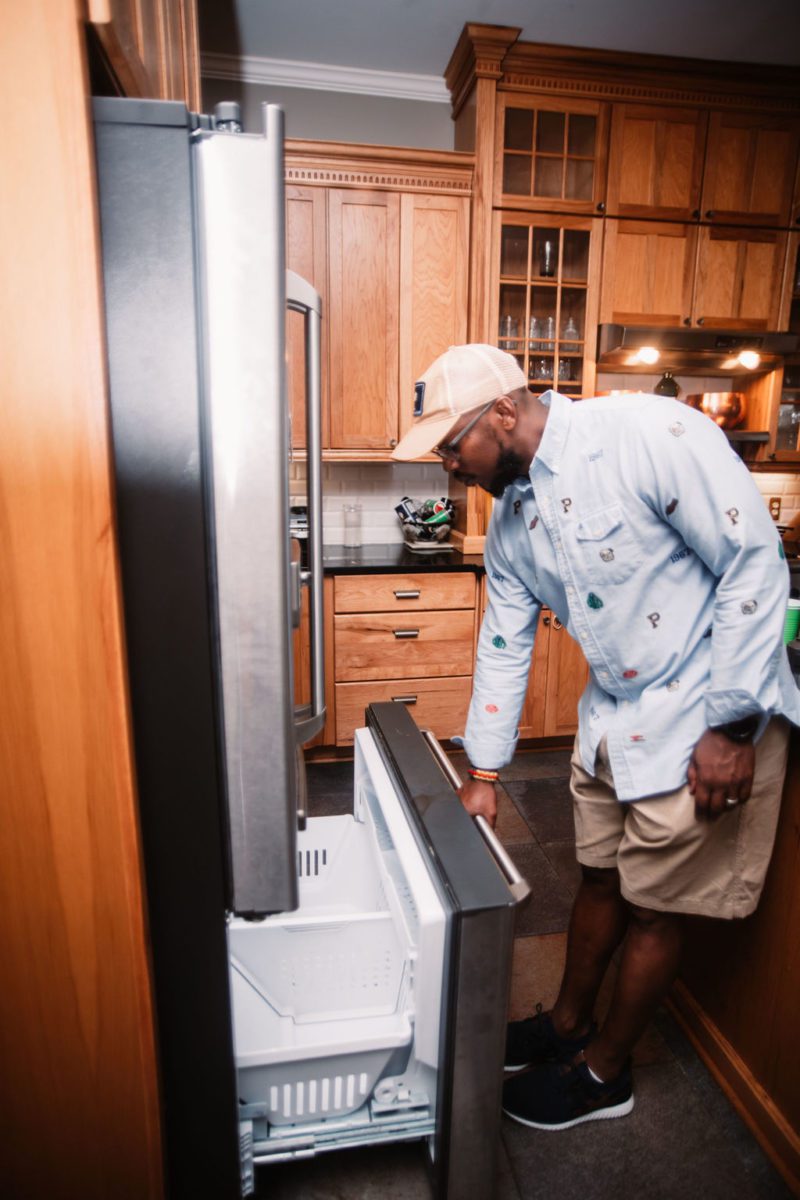
To remove mold and mildew at home, you can use Clorox® Disinfecting Bleach on hard non-porous surfaces.
First, disinfect all cleaned surfaces with a solution of 1/3 cup of Clorox® Disinfecting Bleach diluted in 1 gallon of water.

Once you disinfect the cleaned surfaces, let the solution stay on the surface for at least 10 minutes before rinsing with clear water and allowing to dry.
Throughout hurricane season, routinely check potential problem spots (e.g. Bathroom, laundry, mechanical room, etc.) for moldy odors, and disinfect often with a solution of 1/3 cup of Clorox® Disinfecting Bleach diluted in 1 gallon of water.
For additional preparedness tips from Clorox, click here. For additional solutions and guidelines on using bleach, click here.
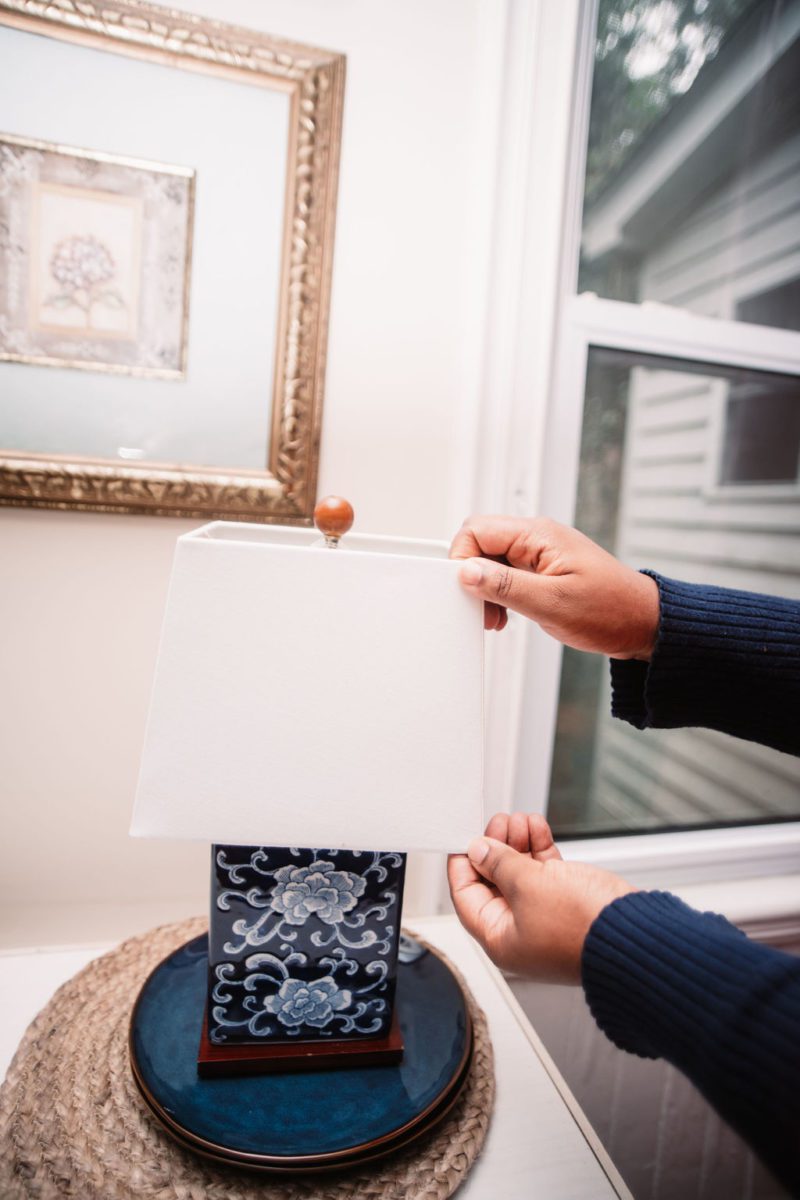
As we are in the midst of an extremely active hurricane season, COVID-19 and cold/flu season, it is even more important to support our community. Looking to support a family in need during hurricane season? Here is a list of organizations that you can donate your time and resources to:
Coastal Community Foundation of the Lowcountry
This disaster relief fund was formed after Hurricane Florence devastated Horry and Georgetown counties in 2018. The funds have assisted the recovery efforts by our supporting organization, Waccamaw Community Foundation, based in Murrells Inlet. However, CCF’s Lowcountry Disaster Relief Fund remains open and continues to accept donations to assist in the response and recovery of any disasters affecting our region, which also includes Beaufort, Berkeley, Charleston, Colleton, Dorchester, Hampton and Jasper counties.
https://coastalcommunityfoundation.org/special-initiatives/disaster-relief/
One SC Fund
The One SC fund is used to support nonprofit organizations providing relief and recovery assistance to South Carolinians impacted by natural disasters. These organizations will use your donation to purchase items required to meet the needs of disaster survivors
Lowcountry Food Bank
The Lowcountry Food Bank is committed to providing food and supplies to these families in the immediate and the long-term and also committed to serving Beaufort, Berkeley, Charleston, Colleton, Dorchester, Georgetown, Hampton, Horry, Jasper, and Williamsburg counties.
